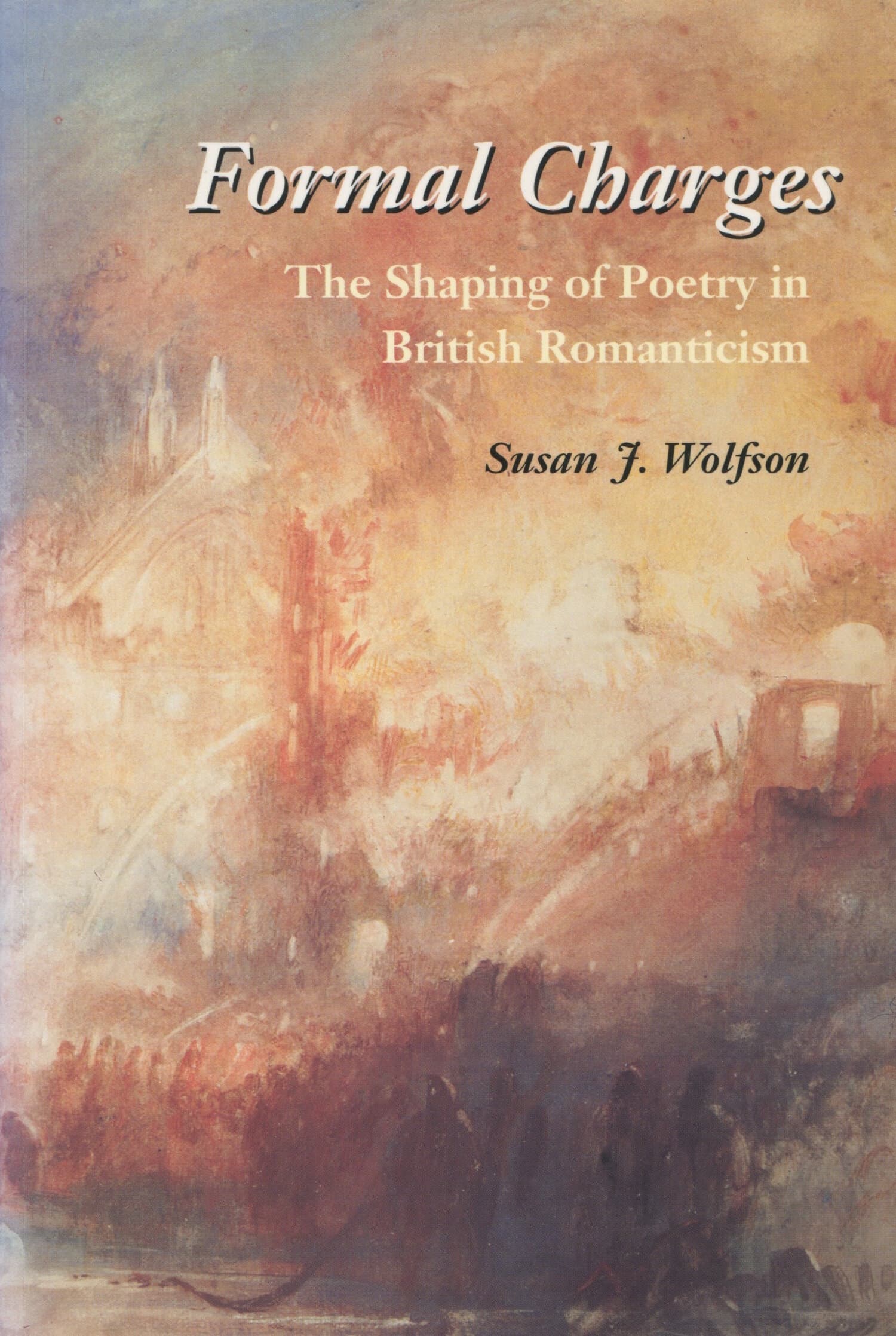The Romantic Rhetoric of Accumulation
Award Winner
2023: Oscar Kenshur Book Prize
Shortlisted for the 2023 Oscar Kenshur Book Prize, sponsored by Center for Eighteenth-Century Studies, Indiana University.2023: Marilyn Gaull Book Award
Shortlisted for the 2023 Marilyn Gaull Book Award, sponsored by the Wordsworth-Coleridge Association.

The Romantic Rhetoric of Accumulation provides an account of the long arc of dispossession from the British Romantic period to today. Lenora Hanson glimpses histories of subsistence (such as reproductive labor, vagrancy and criminality, and unwaged labor) as figural ways of living that are superfluous—simultaneously more than enough to live and less than what is necessary for capitalism.
Hanson treats rhetorical language as an archive of capital's accumulation through dispossession, in works by S.T. Coleridge, Edmund Burke, Mary Robinson, William Wordsworth, Benjamin Moseley, Joseph Priestley, and Alexander von Humboldt, as well as in contemporary film and critical theory. Reading riots through apostrophe, enclosure through anachronism, superstition and witchcraft through tautology, and the paradoxical coincidence of subsistence living with industrialization, Hanson shows the figural to be a material record of the survival of non-capitalist forms of life within capitalism. But this survival is not always-already resistant to capitalism, nor are the origins of capital accumulation confined to the Romantic past. Hanson reveals rhetorical figure as entwined in deeply ambivalent ways with the circuitous, ongoing process of dispossession.
Reading both historically and rhetorically, Hanson argues that rhetorical language records histories of dispossession and the racialized, gendered distribution of the labor of subsistence. Romanticism, they show, is more contemporary than ever.
"This is a profound work that engages as deeply with Romantic poetry as it does with traditions of literary criticism, gender studies, and critical race studies. The seriousness and lyricism of its argumentation will make this an enduring contribution."—Jordy Rosenberg, University of Massachusetts-Amherst
"This book establishes Hanson as a significant theorist of subsistence and will be a landmark of Romanticism. Original, learned, and always engaging."—Rei Terada, University of California, Irvine
"Reading historically and rhetorically is itself a complex way. It is to Hanson's credit that this book is intricate—wide-ranging and lateral in its connections, deeply learned and ethical in its orientation—without being difficult to learn things from. Hanson argues as well as teaches, tells as well as shows through examples, illustrations, and, in one case, a bespoke visualization of the spatial logic of Joseph Priestley's An Account of a Society for Encouraging the Industriousness of the Poor (1787). Thus Hanson invites readers interested both in and beyond Romanticism to meet the problem of Marx's 'so-called primitive accumulation' in the gendered and racialized forms of subsistence that dispossession produces and figuration records."—Carmen Faye Mathes, Critical Inquiry
"The Romantic Rhetoric of Accumulation sets a new standard of critical achievement: profound and poetic, comprehensive and articulate, challenging and inspiring. We will be talking about this book for some time to come."—Alexander Dick, The Wordsworth Circle
"The Romantic Rhetoric of Accumulation is one of the most ambitious and innovative studies of Romanticism that I've read in some years, and seems poised to become, once the field absorbs its insights, an indispensable book in the field. I will hazard to say that The Romantic Rhetoric of Accumulation is the best new book about Romantic-era literature that I have read in probably a decade.... It is just a stunning scholarly and theoretical achievement, constantly surprising and insightful, and highly innovative theoretically."—David Sigler, European Romantic Review
"[T]he model of reading that Hanson offers opens up new and vital avenues for the revaluation of Anglo-British authors of the long eighteenth century. Their call for scholars to reassess their own boundedness to the histories with which they work is an important one.The Romantic Rhetoric of Accumulationis a book that will reverberate throughout the study of Romanticism in the years to come."—Michael Berlin, Studies in Romanticism




